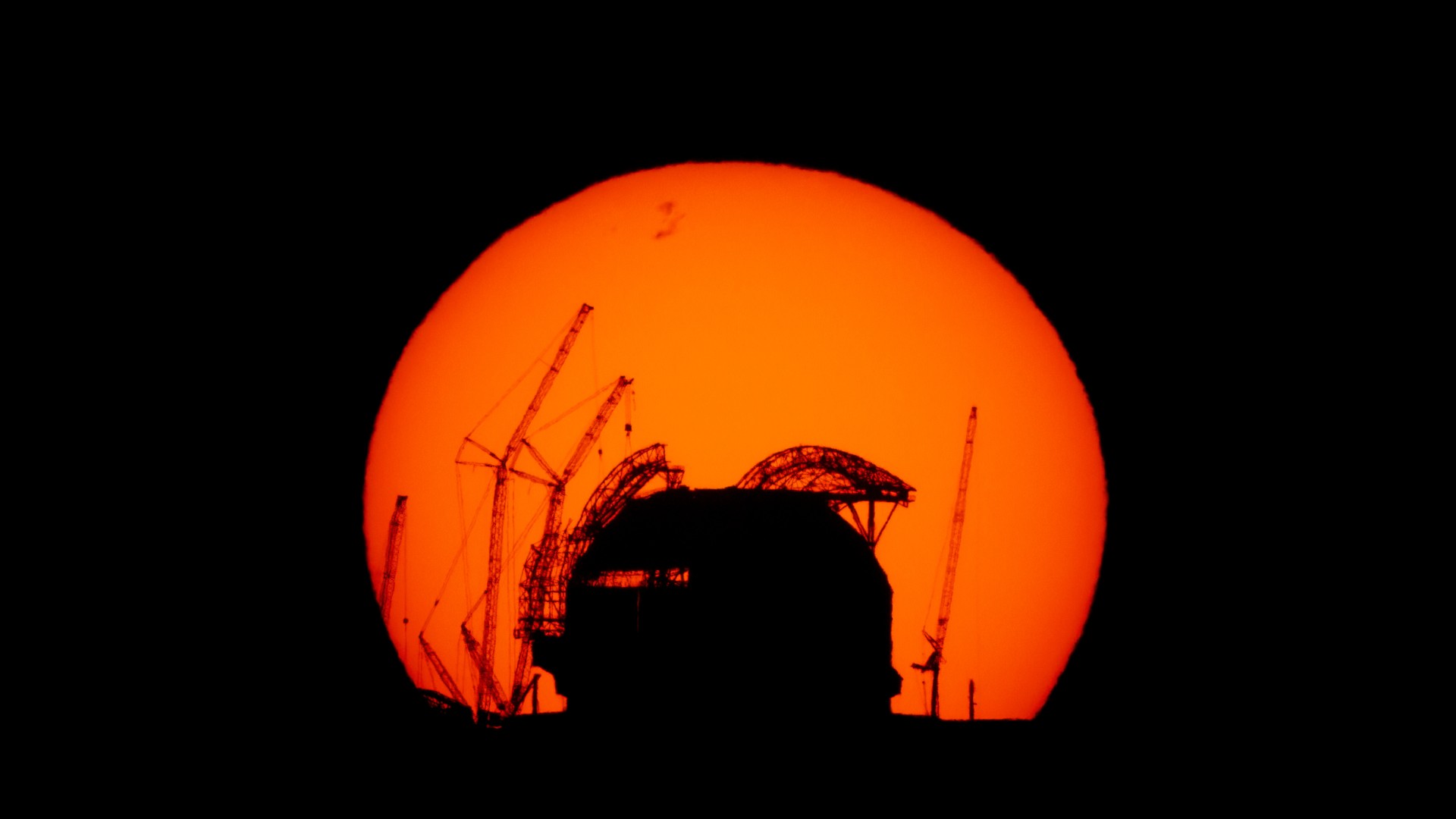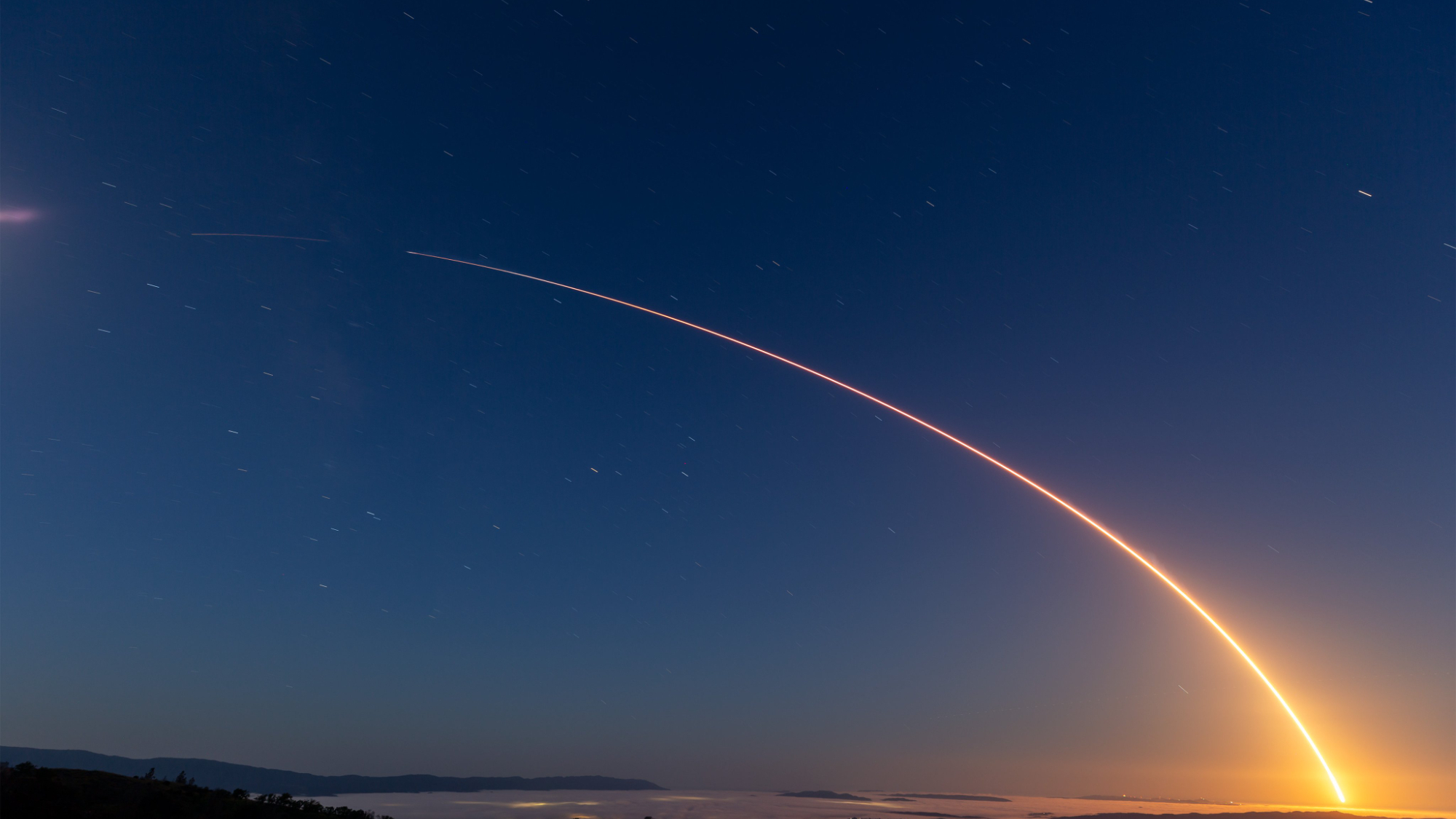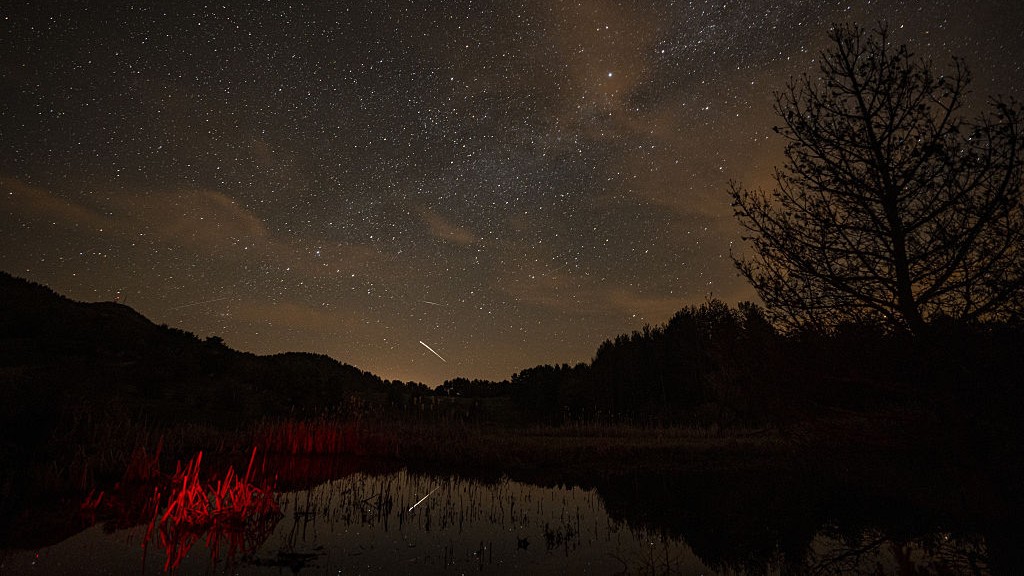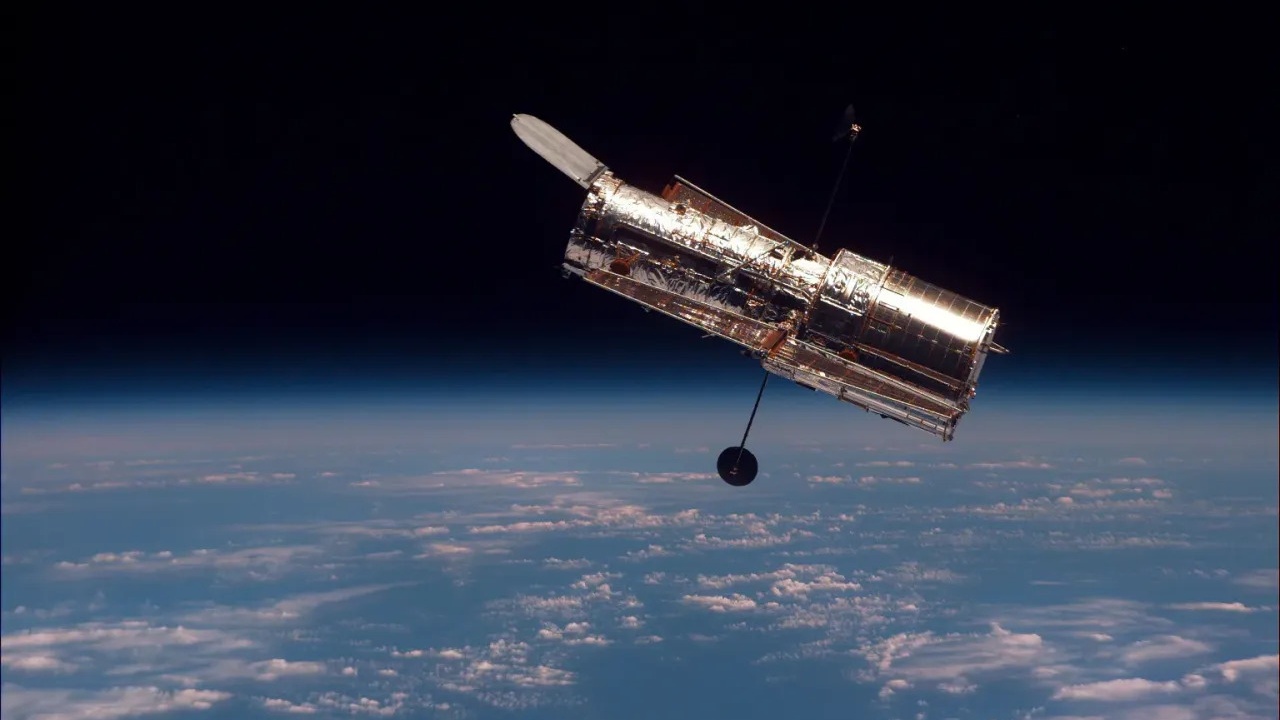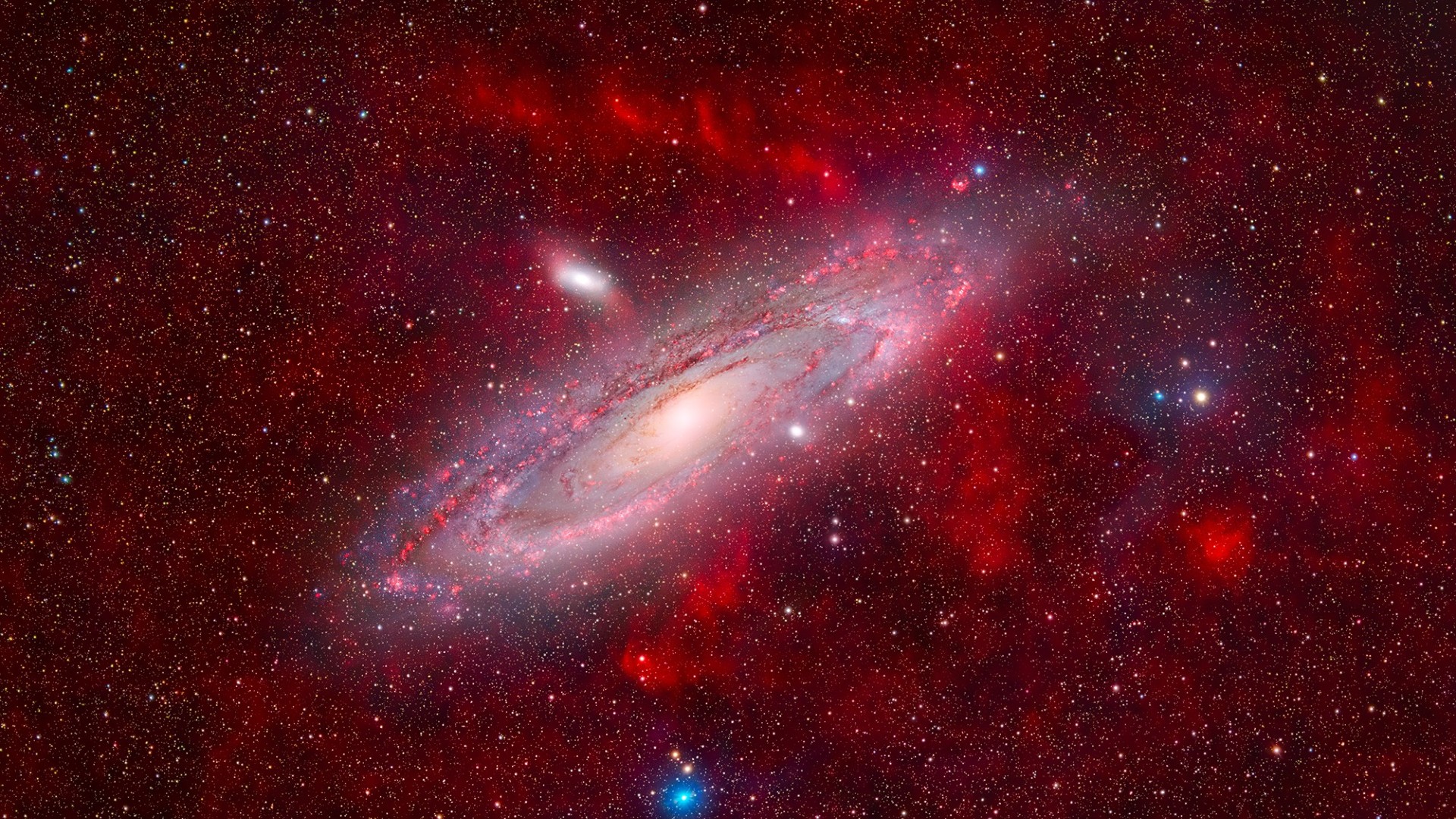US and China will need to discuss moon mission plans, NASA chief predicts
Bill Nelson also noted that SpaceX's recent successful Starship test boosts the agency's Artemis 3 plans.

MILAN — NASA and China will need to discuss exchanges of data and mission plans as the two sides move to build sustainable presences on the moon, according to the NASA administrator.
NASA chief Bill Nelson met with the press at the 75th International Astronautical Congress (IAC) here on Tuesday (Oct. 15), addressing questions related to the agency's Artemis program.
Both NASA, with Artemis, and China, with its International Lunar Research Station (ILRS), are working to get astronauts to the moon and to build lunar infrastructure to support repeated and long-term missions.
China and NASA are planning landings at the lunar south pole, where permanently shadowed craters are thought to harbor lots of water ice. The precious resource could be used to make rocket fuel or provide life support for astronauts.
Related: NASA's Artemis program: Everything you need to know
Asked by Space.com if the United States and China have had conversations about the exploration of the lunar south pole, Nelson said, "The answer to that is no."
"We have had conversations in the deconfliction of orbit around Mars, and that was done a few years ago," Nelson added, referring to the arrival of China's Tianwen 1 orbiter at the Red Planet, along with missions from NASA, the European Space Agency (ESA) and others. He expects similar exchanges relating to lunar missions to take place in the future, however.
Get the Space.com Newsletter
Breaking space news, the latest updates on rocket launches, skywatching events and more!
"I assume that there will be some conversation of deconfliction of orbits around the moon, but those have not been held thus far. With regard to the south pole of the moon, that's to be determined," Nelson said.
China, NASA and ESA are also planning to build lunar navigation and communications infrastructure in orbit around the moon. Coordinating respective orbits will be required to reduce the chances of an accidental collision.
In the case of an emergency on the surface and the possibility of one side assisting the other, Nelson cited the Artemis Accords.
"The objective of the Artemis Accords is the peaceful exploration of space and coming to help each other in times of need," he said.
The difficulty here, however, may be that, while Artemis Accords partners will likely follow agreed-upon and shared standards and interfaces for equipment, those of China and its partners will be different, posing technological challenges if one were to attempt to assist the other.
Meanwhile, regarding Artemis, Nelson stated that SpaceX's successful Starship test flight on Sunday (Oct. 13) — which included a dramatic catch of the megarocket's first stage by the launch tower — is a boost for the schedule for Artemis 3. The mission is currently targeted to launch in September 2026, but this is considered likely to be delayed, according to a December 2023 U.S. Government Accountability Office report. (NASA chose Starship to be the first crewed lunar lander for the Artemis program.)
"I think you saw as a result of Sunday's test of SpaceX and its big rocket that they are moving along very well, and of course, that will determine, ultimately, the timing for the landing of Artemis 3," Nelson said. "And as of Sunday's test, it was right on the mark."
Artemis 3 aims to land humans on the moon for the first time in more than 50 years, including the first woman and the first person of color to walk on the lunar surface. China also plans to put astronauts on the moon before 2030.
Join our Space Forums to keep talking space on the latest missions, night sky and more! And if you have a news tip, correction or comment, let us know at: community@space.com.

Andrew is a freelance space journalist with a focus on reporting on China's rapidly growing space sector. He began writing for Space.com in 2019 and writes for SpaceNews, IEEE Spectrum, National Geographic, Sky & Telescope, New Scientist and others. Andrew first caught the space bug when, as a youngster, he saw Voyager images of other worlds in our solar system for the first time. Away from space, Andrew enjoys trail running in the forests of Finland. You can follow him on Twitter @AJ_FI.
-
DrRaviSharma Bill Nelson must have received congressional ok implicitlyReply
But we must not start from a position of weakness
Verifiable and openly declared intentions are minimum requisites to start if we are not to have surprises
Like ISS such accords can advance humanity or lead to Star Wars?
What needs to strengthen or replace UN Outer Space Community for future cooperation?
With 56+ years of space experience
Thx
Ravi
Dr Ravi Sharma
NASA Apollo Achievement Award -
ultimatewizz China has already declared they will be the only ones on parts of the moon, over a year ago.Reply




